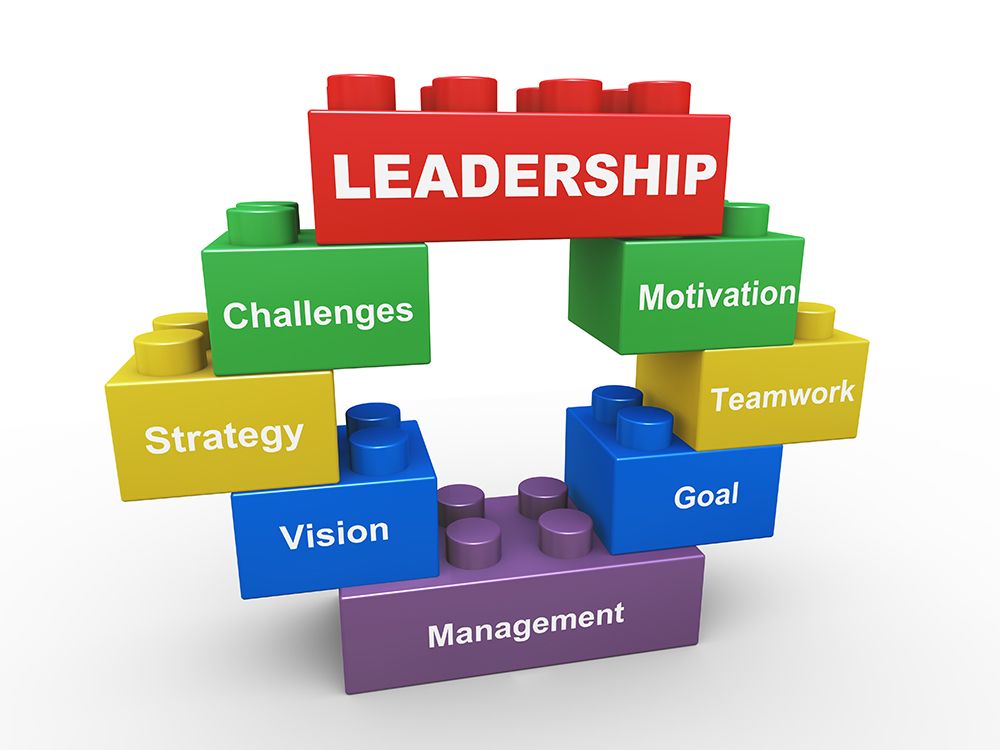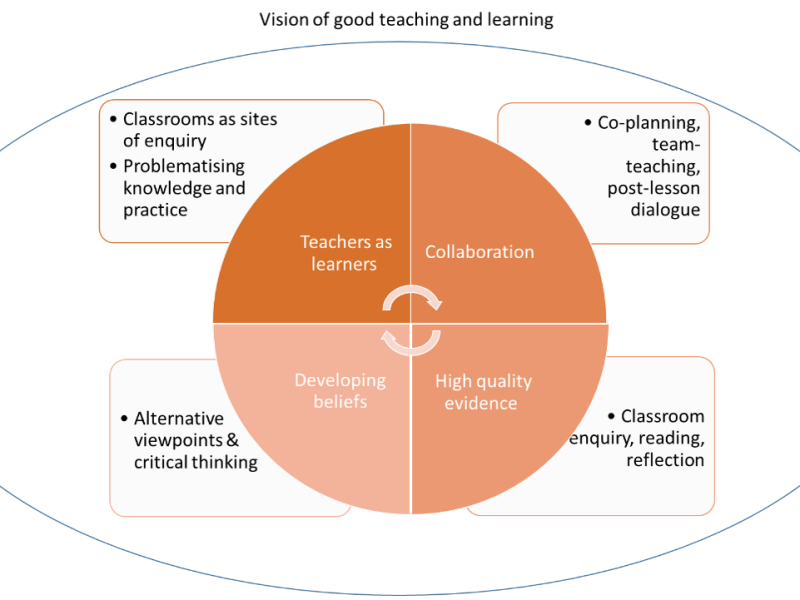Being an educator is about more than just imparting knowledge. It’s about shaping the next generation of leaders and thinkers. As such, leadership skills are crucial for educators to have in order to effectively guide and inspire their students. Cultivating these skills can help educators not only in their day-to-day interactions with students, but also in their own professional growth and development.
Effective Communication
One of the key aspects of leadership is effective communication. Educators need to be able to clearly convey information to their students, parents, and colleagues. This includes not only speaking clearly and concisely, but also actively listening and responding to feedback. By honing their communication skills, educators can foster a positive learning environment and build strong relationships with their students.
Collaboration and Teamwork
Leadership is also about working collaboratively with others towards a common goal. Educators often work in teams with other teachers, administrators, and support staff to ensure the success of their students. By cultivating skills in collaboration and teamwork, educators can better navigate the challenges of the education system and provide a more holistic and supportive learning experience for their students.
Adaptability and Problem-Solving
In education, things don’t always go according to plan. Educators need to be able to adapt to unexpected challenges and think on their feet to solve problems effectively. By developing their skills in adaptability and problem-solving, educators can better handle the complexities of the classroom and provide a more dynamic and engaging learning experience for their students.
Empathy and Emotional Intelligence
Leadership is also about understanding and empathizing with others. Educators need to be able to connect with their students on an emotional level and provide the support and guidance they need to succeed. By cultivating skills in empathy and emotional intelligence, educators can create a more inclusive and supportive learning environment where all students feel valued and respected.
Conclusion
Cultivating leadership skills in educators is essential for not only their own professional growth and development, but also for the success and well-being of their students. By honing their communication, collaboration, adaptability, problem-solving, empathy, and emotional intelligence skills, educators can become more effective leaders in the classroom and beyond. Investing in leadership development for educators is crucial for creating a more innovative, engaging, and inclusive learning environment for all students.


